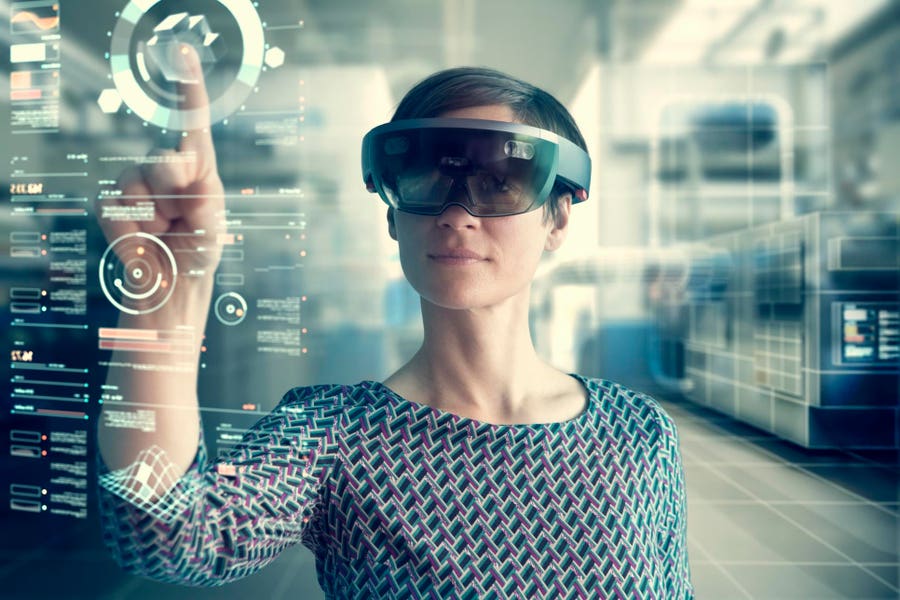Technology only achieves widespread acceptance when it enters its “high-tech, high-touch” phase, characterized by increased accessibility, user-friendliness, and enjoyment. Coined by the late visionary John Naisbitt in the 1980s in his influential work “Megatrends,” this concept applied to PC technology then and remains relevant for artificial intelligence today. Brian MacCarthy, the senior vice president and managing director of Booz Allen Hamilton, echoes this idea, emphasizing the shift towards personalized experiences in the era of advanced systems and data-driven operations.
MacCarthy highlights that every significant advancement has revolutionized the world by becoming personalized. Just as the Model T made automobiles a personal asset and computing evolved with the introduction of the PC, AI and ChatGPT have now become personalized tools. This move towards personalization allows innovations to reach a broader range of users globally, transcending limitations to specific organizations.
The transformative power of AI in reshaping work, lifestyle, and interactions mirrors the impact of the PC revolution. With approximately eight billion potential users worldwide, AI is poised to equip individuals with new tools that can drive substantial changes across various domains, as emphasized by MacCarthy.
Introducing the concept of “personal IoT,” MacCarthy underscores the rise of new businesses facilitated by AI. The accessibility of AI tools has significantly lowered entry barriers for aspiring entrepreneurs, providing assistance across various business aspects, from operations to customer interactions and product development. By integrating these tools throughout the value chain, leaders can enhance productivity and achieve more with efficiency.
The incorporation of large language models in business operations enables tasks like drafting negotiation emails, improving conversion rates, and addressing complex queries, regardless of geographical constraints. This democratization of AI tools enables entrepreneurs to access insights and guidance akin to industry experts like Marc Andreessen, fostering innovation and progress.
AI’s impact extends beyond startups, enhancing the capabilities of established enterprises to deliver value to customers rapidly. MacCarthy highlights AI as a powerful multiplier, enhancing human abilities to achieve greater results and broaden horizons.
While AI offers vast potential, it is crucial to view it as a tool rather than a universal remedy. MacCarthy stresses that AI acts as an amplifier, boosting human efforts and capabilities. Interactions with AI models such as ChatGPT are probability-based, reflecting a distilled understanding of the world shaped by user input.
MacCarthy emphasizes the necessity of preserving human creativity in the forefront of AI utilization, warning against excessive reliance on AI for critical thinking processes. While AI can facilitate innovative problem-solving approaches, it should complement human creativity rather than entirely replacing it.
In summary, AI acts as a catalyst for exploring new problem-solving avenues, but its integration should harmonize with human creativity and critical thinking. As we navigate the evolving AI landscape, it is vital to harness its capabilities while upholding the essence of human innovation and ingenuity.






